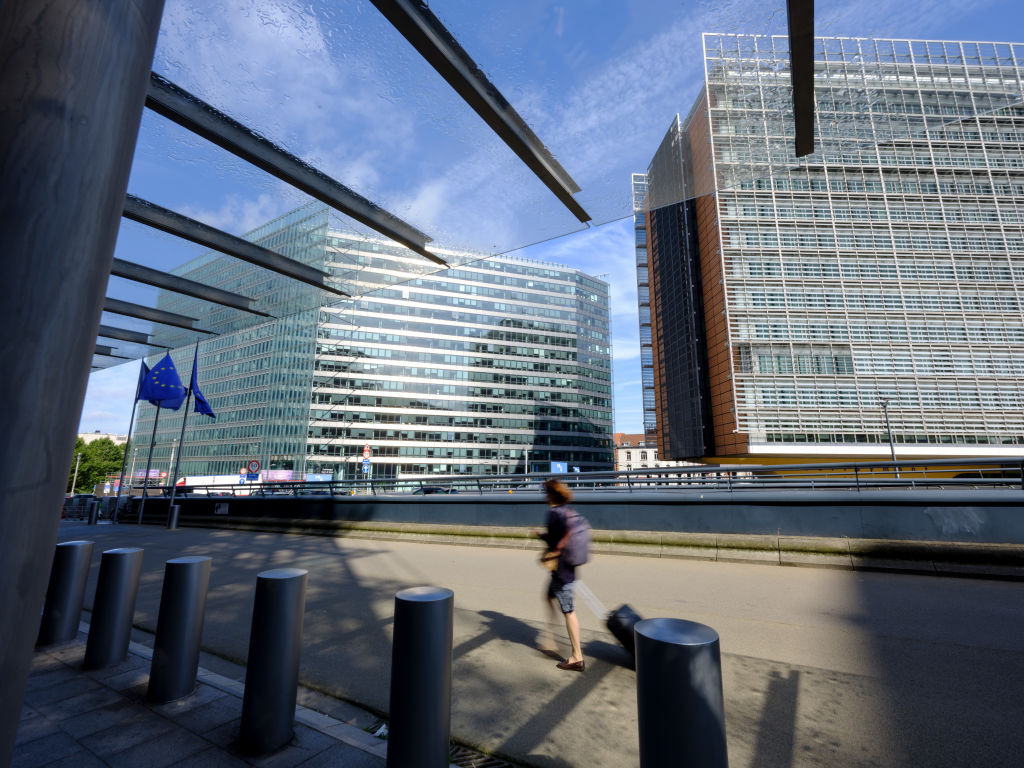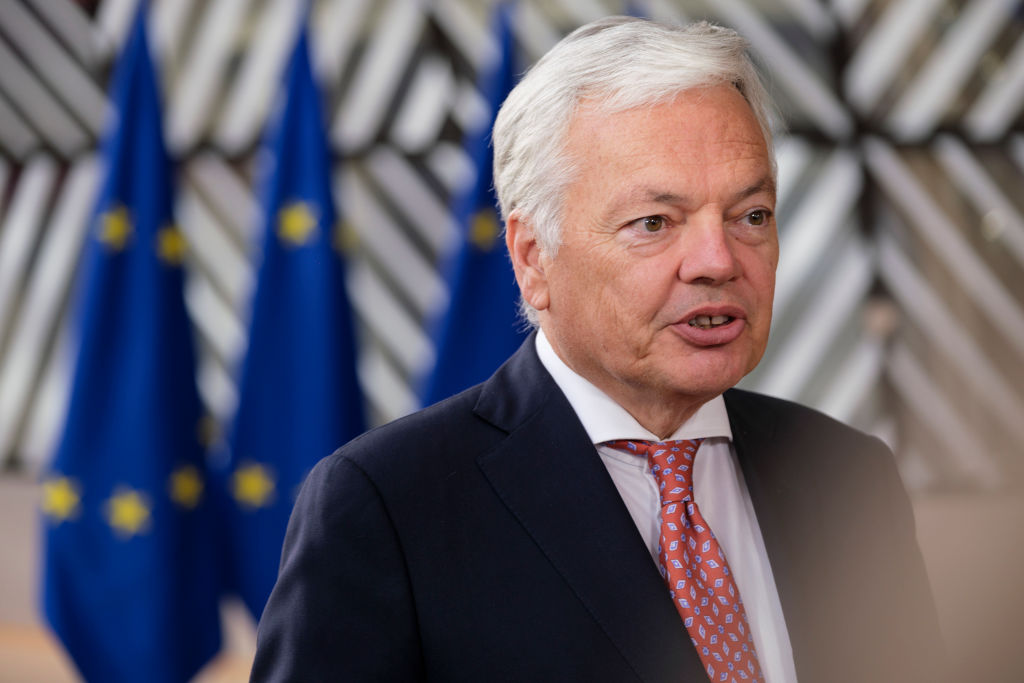The European Commission claimed it did not intend to break European Union law with a recent highly controversial advertisement campaign on X.
Designed to boost support for an EU bill aimed at reducing online privacy in certain Member States, the ad campaign prompted an outcry from civil society organisations. That was because, according to many, it seemingly targeted individual EU citizens based on their political beliefs – highly illegal under the bloc’s own General Data Protection Regulation rules.
According to one group that filed a legal complaint against the EC over the controversy, the advertisements on Elon Musk’s platform would only appear for individuals deemed by the algorithm to be sympathetic to the EU, with the campaign not visible at all for those regarded as being interested in Christianity or conservative politics.
Writing in response to the controversy on March 5, the EC insisted that if it had broken EU law with the campaign, it had no intention to do so.
“The Commission did not intend to trigger the processing of special categories of personal data,” Home Affairs Commissioner Ylva Johansson said on behalf of the body.
“If such special categories were processed, this should not have happened.”
A digital rights NGO says the European Commission broke its own laws with a recent Twitter campaign. https://t.co/bdEmha6633
— Brussels Signal (@brusselssignal) November 16, 2023
The statement followed months of controversy surrounding the EC’s attempts to push through its contentious reforms.
Under the original proposal, the body sought to weaken encryption across the EU in a bid to combat the spread of online child pornography.
Privacy campaigners warned that the changes would effectively render end-to-end message encryption useless, arguing that the new rules could, in fact, enable mass public surveillance.
Outcry over the proposal only increased with the launch of the EC’s ad campaign on X, prompting accusations from opponents that it was trying to “influence public opinion” in certain EU countries.
Johansson, the main figure behind the attempted reform, instead insisted the campaign was not an attempt to rally European citizens to the EC’s side but merely a campaign to inform them about the body’s work.
“As part of this campaign to raise awareness about the fight against child sexual abuse, the Commission published a Eurobarometer survey and disseminated its results via an online campaign,” she said.
“The Commission shall promote the general interest of the EU and take appropriate initiatives to that end, including communicating to citizens to raise awareness about EU policies.
“In this context, it can also use paid campaigns on social media,” she added.
An agreement on the deal was ultimately reached in October last year, with MEPs green-lighting the EC’s proposals after clauses deemed to weaken online privacy were watered down.
The European Union is not able to legally measure the success of its own diversity quotas thanks to GDPR rules, leaked messages appear to show. https://t.co/LTI1xrZeeJ
— Brussels Signal (@brusselssignal) December 4, 2023





